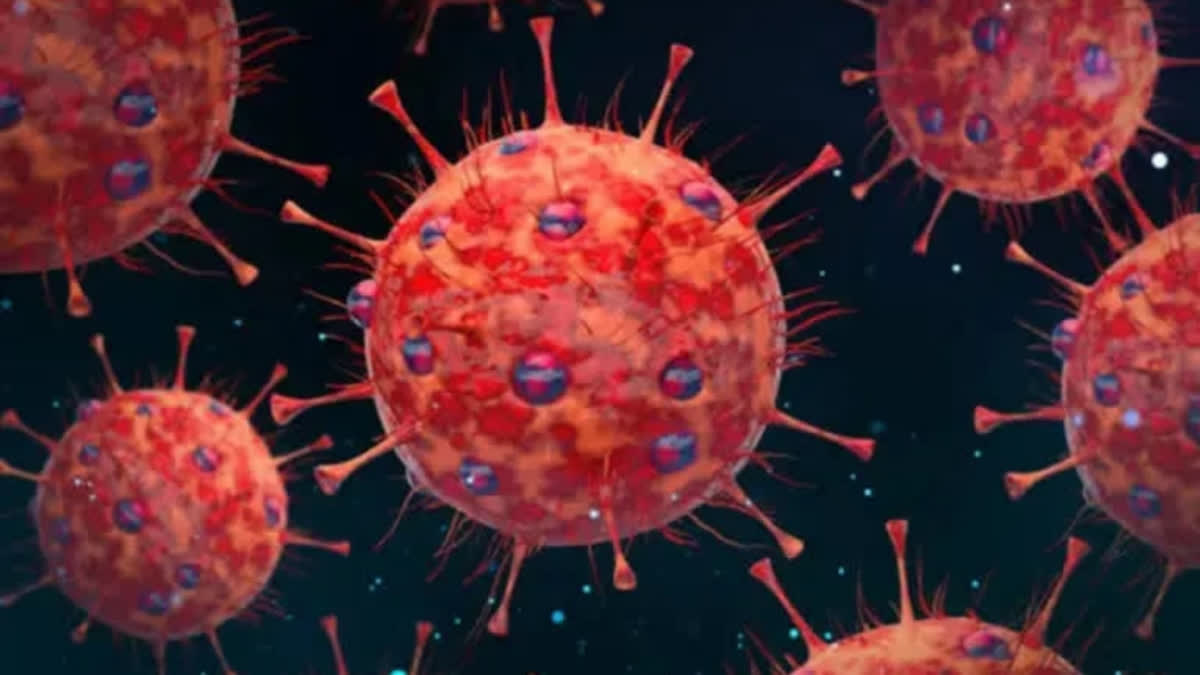The world may have left Covid-19 behind but the scars of the pandemic are still fresh in the minds of millions who lost their loved ones to the virus that brought the world to its knees a few years ago. To better mitigate any such global health challenge in future, scientists at the University of Texas have made a groundbreaking discovery of a potent antibody that could offer protection against all known variants of the SARC-CoV-2 as well as SARS-like coronaviruses that infect other animals.
Scientists have raised caution over long-term COVID-19 conditions that continue to trigger and that a dangerous mutation may yet be a possibility in future. Therefore the discovery is of significant value for public health. As part of a new study on hybrid immunity to the virus, the team of scientists discovered and isolated a broadly neutralising plasma antibody called SC27, from a single patient.
The researchers have used a technology developed over several years of research into antibody response and obtained the exact molecular sequence of the antibody. The team claims that the discovery has opened the possibility of manufacturing the antibody type on a larger scale and future treatments.
Jason Lavinder, a research assistant professor in the Cockrell School of Engineering’s McKetta Department of Chemical Engineering said, "The discovery of SC27, and other antibodies like it in the future, will help us better protect the population against current and future COVID variants.” Lavinder, is one of the leaders of the new research, which was recently published in Cell Reports Medicine.
The research has come amid another summer COVID spike. It shows that while the worst of the pandemic may have passed, there’s still a need for innovative solutions to help people avoid and treat the virus.
What is SC27 antibody?
The virus has rapidly evolved in the last four years since the COVID-19 outbreak in December 2019 in China. Each variant has shown different characteristics, many of which made them more resistant to vaccines and other treatments. SC27 recognises the different characteristics of the proteins found in the many COVID variants. These capabilities of SC27 were verified by researchers who first decoded the structure of the original spike protein and developed the way for vaccines and other treatments.
The technology used to isolate the antibody termed Ig-Seq, gave researchers a closer look at antibody response to infection and vaccination using a combination of single-cell DNA sequencing and proteomics – a study of proteins to determine their structure, function, and interaction.
Will Voss, who co-led the study explains that one of the goals of this research and vaccinology in general is to have a 'universal vaccine' that can "generate antibodies and create an immune response with broad protection to a rapidly mutating virus."
Testing of the antibody
To develop the antibody that can protect against all COVID-19 variants, the antibody was isolated from the blood of a person who had received an mRNA COVID-19 vaccine and later experienced a breakthrough infection. When researchers tested the SC27 in the laboratory, they confirmed the hypothesis that it could neutralise variants at large.
During the research, it potently neutralised all major Sars-CoV-2 variants, including recent Omicron strains that have largely evaded existing treatments.
Apart from the COVID-19 virus, the antibody even neutralised the original Sars virus from 2003 and the pangolin coronavirus that could potentially spark future outbreaks.
During the testing, SC27 exhibited an extremely strong binding affinity to the spike protein, surpassing all other known human antibodies against Sars-Cov-2, including those previously approved for clinical use across the world.
When the antibody was given to mice for testing before infection with Sars-CoV-2, SC27 prevented the virus from replicating in the lungs.
